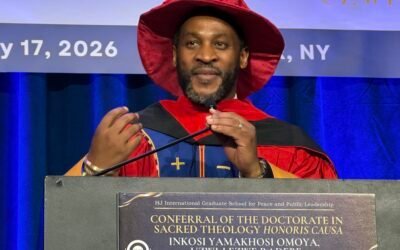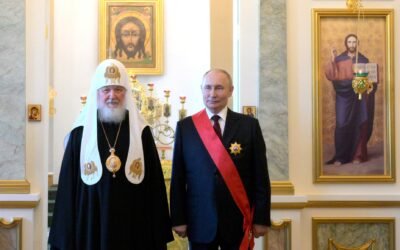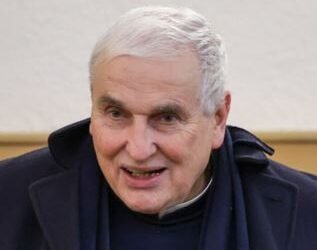The attorney for UPF explains why the first-degree verdict in favor of the notorious anti-cult journalist was wrong.
by Tatsuki Nakayama
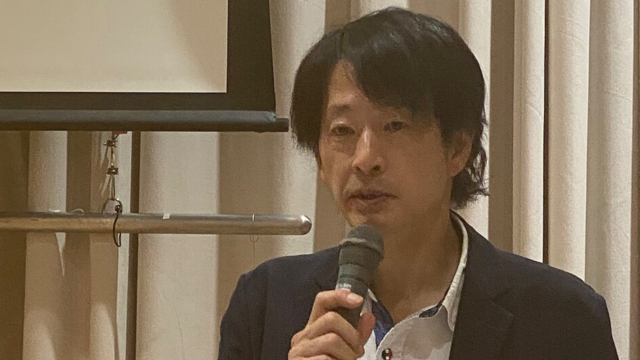
In 2023, anti-cult journalist Eight Suzuki repeatedly claimed that former Prime Minister Shinzo Abe—tragically assassinated in 2022—had received a payment of ¥50 million (approximately US$343,000) in exchange for delivering a five-minute video message to a 2021 event hosted by UPF International.
UPF Japan, the Japanese branch of the Universal Peace Federation (UPF), an NGO affiliated with the Family Federation for World Peace and Unification (once known as the Unification Church), responded by filing a defamation lawsuit. The organization argued that Suzuki’s posts falsely implied that UPF Japan had made the payment, severely tarnishing its public reputation.
Despite Suzuki’s failure to present evidence supporting the alleged transaction, UPF Japan lost its case in the District Court in May 2025. As legal counsel for UPF Japan in the appeal, I believe this case reflects the broader media climate surrounding the Family Federation after Abe’s assassination.
Immediately following Abe’s assassination in July 2022, Suzuki posted on X (formerly Twitter):
“I am the only one who can reveal the under-the-table transactions and ‘zubuzubu’ relationship between Mr. Abe and the Unification Church, supported by clear evidence. Follow me and push me up!”
These provocative claims catapulted Suzuki into the media spotlight, positioning him as the face of public criticism against the Family Federation. His narrative aligned with a growing governmental and judicial push toward dissolving the church.
Yet Suzuki’s assertions were pure fabrication. There were no “under-the-table transactions,” no “zubuzubu relationship,” and certainly no “clear evidence.” The appeal revisits the damage caused by Suzuki’s baseless allegations and their impact on UPF Japan’s reputation.
Suzuki described the relationship between the Unification Church—or UPF Japan—and the government using terms like “under-the-table transactions” (裏取引). In Japanese, this phrase denotes a secret, illegal deal, evoking strong associations with criminal or antisocial behavior.
Similarly, “zubuzubu” is an onomatopoeic term suggesting an excessively cozy or deeply entangled relationship, again implying illicit or unethical conduct.
By deploying these expressions, Suzuki insinuated that UPF Japan and its affiliates were covertly dealing with government officials to evade scrutiny. These accusations are entirely unfounded and defamatory.
The district court concluded that the alleged payment to Mr. Abe could only reasonably be attributed to the Family Federation or UPF International—not UPF Japan.
This logic is flawed. It was UPF Japan that formally requested Mr. Abe’s video message. In typical circumstances, the requesting party is presumed to be the payer. There is no rational basis to exclude UPF Japan from suspicion while implicating UPF International or the Family Federation.
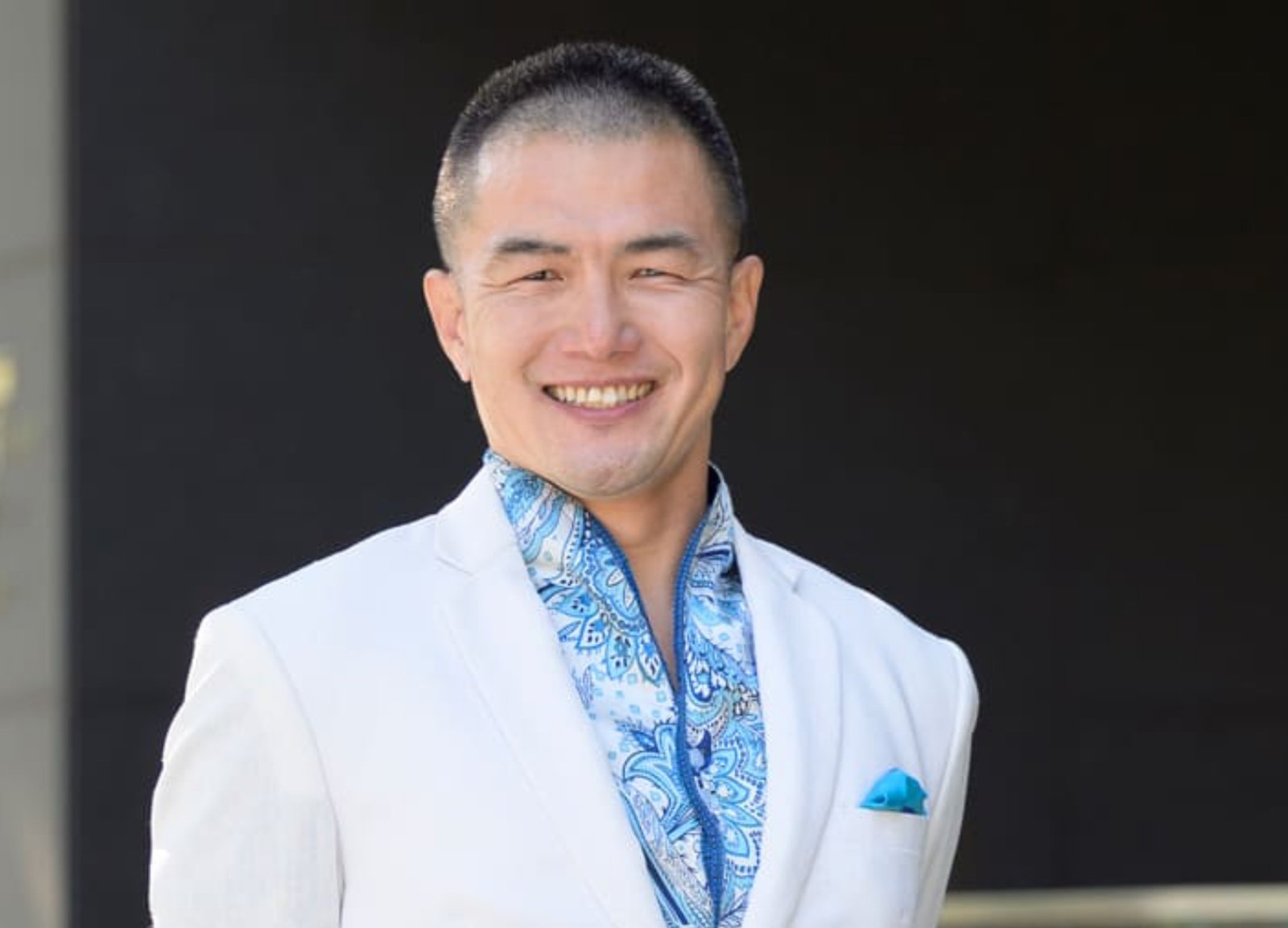
We submitted extensive documentation to support this argument. Prior to Suzuki’s posts, he publicly stated 24 times that Mr. Masayoshi Kajikuri, Chairperson of UPF Japan, had requested Mr. Abe’s appearance. The media echoed this claim 10 times. In total, there were 34 such statements—averaging once every 11 days—before Suzuki’s first post.
Given this context, any reader of Suzuki’s posts would naturally infer that UPF Japan had made the alleged payment.
The district court dismissed UPF Japan’s claim of reputational harm, arguing that readers would not recall Suzuki’s earlier references to “under-the-table transactions” and “zubuzubu relationships,” which were made more than seven months prior.
However, we presented compelling evidence that Suzuki’s allegations were consistently and widely disseminated. He referred to these illicit dealings 123 times, while the media reported on them 61 times—totaling 184 instances. That’s an average of once every 2.7 days following Mr. Abe’s assassination.
This relentless repetition shaped public perception, leading many to believe illegal ties existed between UPF Japan and the government.
Against this backdrop, Suzuki’s claim that Mr. Abe received ¥50 million for a brief video message would not be interpreted as a routine honorarium. Instead, it would be seen as a corrupt or fraudulent transaction—especially given the extraordinary sum involved.
To illustrate:
- A payment of US$343,000 strongly suggests illegality.
- A payment of US$3,430 would not reasonably raise such suspicions.
Suzuki’s posts clearly defamed UPF Japan. His failure to produce any evidence in the lower court makes it highly unlikely that he will do so during the appeal.
This case also highlights how Suzuki’s unfounded narrative fueled a broader media assault on the Family Federation, amplifying reputational damage through repetition and sensationalism.
The High Court hearing is scheduled for late September, with a verdict expected at the earliest by year’s end.

Tatsuki Nakayama graduated from the Faculty of Law at the University of Tokyo in 1998. He was admitted as a lawyer in 2005 and graduated from the National University of Singapore Law School in 2010. After working as an international lawyer at a Singapore law firm, he opened Nakayama & Partners in 2015. After studying as a certified fraud examiner in 2016, at Lee Kuan Yew School of Public Policy, and Singularity University, he became a business ethics expert in 2022. He has held executive positions and other important positions in the Inter-Pacific Bar Association, which includes 1,500 lawyers worldwide. His major works are “Global Governance and Compliance” and “Integrity” (both published by Chuokeizaisha), and his recent books include “English Negotiation Techniques” (Heisei Publishing).

